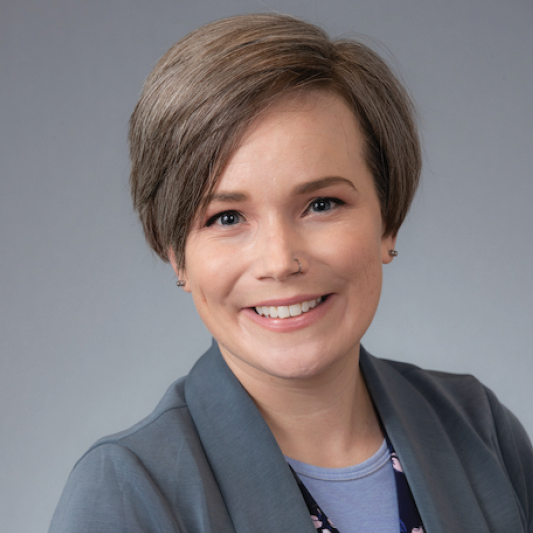HALEY MOORE
Sail() Platform Revolutionizes Tech Education in Community Colleges and Beyond
The future of the tech workforce relies on educating the next generation of problem solvers. However, a problem persists: the tech sector suffers from a worker shortage. Most sources put the deficit of unfilled tech jobs at about 500,000, while American universities graduate only 70,000 computer scientists each year. And the gap is projected to widen in the coming years.
Four-year degree granting universities will not solve the problem on their own.
Carnegie Mellon University’s Technology for Effective and Efficient Learning (TEEL) Lab aims to tackle this challenge at the community college level through its innovative Social and Interactive Learning at Community Colleges, or Sail(), platform. The system delivers project-based learning experiences and provides researchers with valuable datasets to study educational outcomes.
Launched in 2022 with the support of a National Science Foundation (NSF) grant, SAIL() partners with more than 30 U.S. community colleges. From introductory computer courses for non-technical learners to practical programming with Python, Sail() offers meticulously designed curricula that prepare students for the fast-evolving tech landscape.
Sail() delivers more than just academic success — it builds lasting confidence that students carry into their careers, enhancing their ability to succeed in technology-based roles.
The Sail() Methodology
Majd Sakr, teaching professor in the CSD, said that beyond education, the program dually functions as a research powerhouse. The platform collects data on student engagement, learning outcomes and the effectiveness of interventions at various stages of learning.
“Every time a human being is learning, we should be studying something about them,” said Sakr.
TEEL Lab Director Heather Burte said the program’s unique pedagogy emphasizes experiential and project-based learning. Students tackle projects designed to mirror challenges they may face in the workforce.
“We’re advocates for project-based learning because instead of having students memorize something, they have to demonstrate their learning,” said Burte. “We give them real-world tasks like budgeting for cloud resources or using limited datasets to iteratively solve these problems.”
Chris Bogart, systems scientist in the Computer Science Department (CSD), said researching self-efficacy was a main goal of the project. Making the content easier to digest gives students the confidence and resilience they need to succeed in tech courses.
“Across the board, students who get through the course come out feeling like they know what they are doing — and that is really important to us because we want students to succeed and to go into a career being confident in what they have learned,” said Bogart.
The TEEL Lab is also interested in learning more about how effective automatic grading tools can be in providing feedback to students and alleviating stress on instructors.
“We are trying to get more refined feedback to suit the project so students can keep using Sail() continuously while they work,” said Bogart. “It is not always the difficulty of the lesson, but it is sometimes hard to get one-on-one feedback.”
Technical courses often have problems with retention and high dropout rates. Sakr explained that the continuous flow of data from learners and educators allows the team to constantly improve the program.
“Learning is an iterative process that must be driven by continuous research,” said Sakr. “We must explore, experiment and adapt based on what works for diverse populations under varying conditions to improve learning outcomes at scale.”
Evolving With a Rapidly Changing Landscape
Technologists used to work almost exclusively in big tech companies. But with the rapid evolution in data science, companies across industries need AI professionals.
“There is a surge in demand for people with these skillsets,” said Sakr. “There is a need to improve productivity and efficiency in logistic companies, media
and even supermarkets. Everyone is doing AI, and everyone is on a cloud.”
So while Sail() has proven successful for learners in increasing self-efficacy and learning outcomes in community colleges, the team wants to apply the program’s methods to reach learners in other areas — the workplace, the military, government agencies and beyond.
“If we do not leverage every capable human being that we have, then we have an existential problem for large tech companies. We want to leverage brains to succeed in the service economy,” said Sakr.
As Sail() enters its final year under the NSF grant, the TEEL Lab is actively seeking opportunities to expand and sustain the program. The research findings from the TEEL Lab will continue to contribute to the broader field of learning sciences and computer education, and insights gained through their research will directly inform the development of better tools and teaching methods, benefiting both educators and students.
“At the heart of our work is the belief that education must evolve to meet the pace of emerging technologies,” said Bogart. “Whether it’s through project-based learning, AI literacy or workforce training, our mission is to empower learners at all levels to thrive in a tech-driven world.” ■






